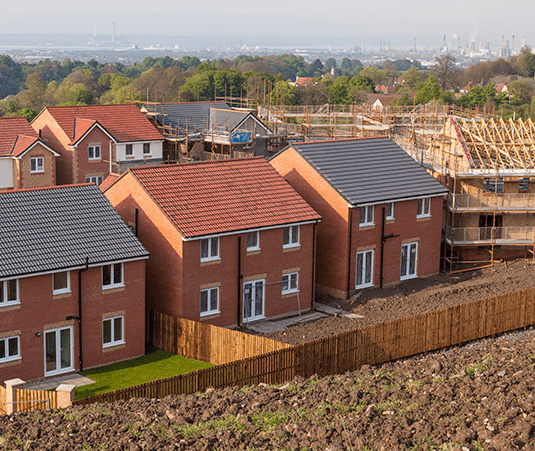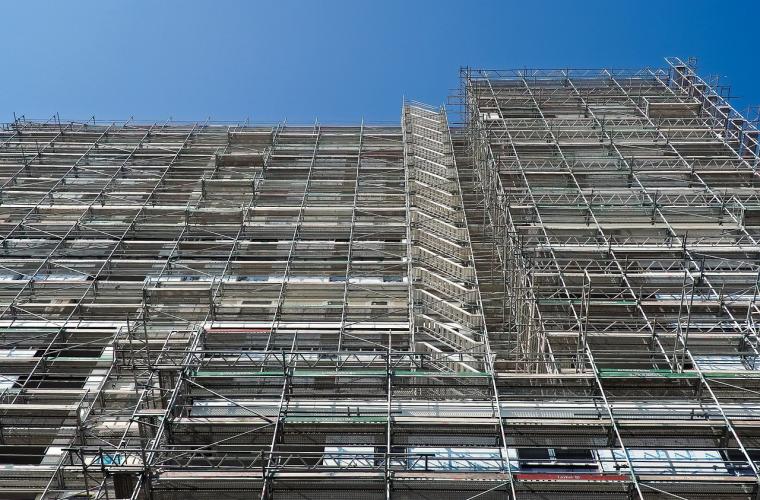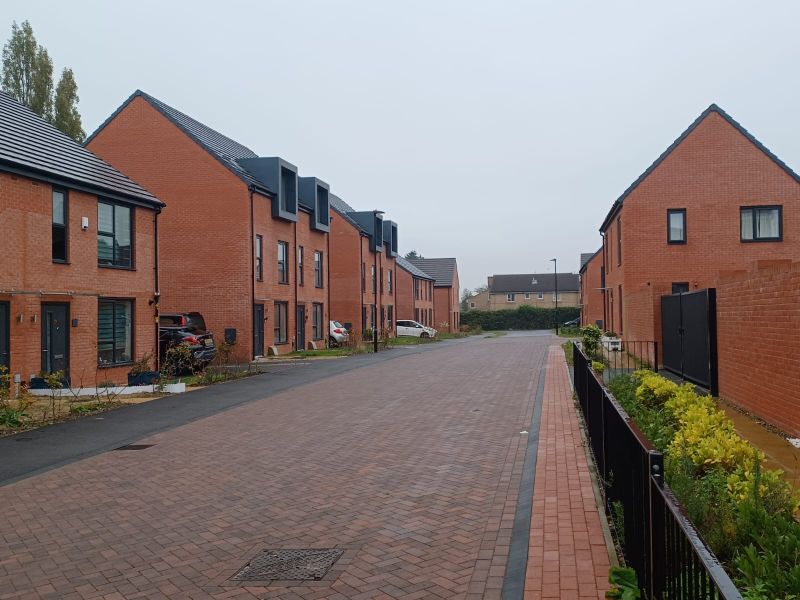Local authorities in England with the most severe shortage of social housing now have waiting lists exceeding a hundred years for a family sized (3+bed) social home.
The findings are from new analysis released by the National Housing Federation (NHF), Crisis and Shelter who have come together to warn of the critical need to boost investment in social housing at the upcoming Spending Review to end homelessness and tackle the county’s rapidly worsening housing crisis.
The figures reveal a dire situation for struggling families in many parts of England, who have little hope of securing a social home prior to their children growing up and leaving home.
The number of families on waiting lists in England has increased by 37% since 2015, six times the rate of the waiting list overall. In thirty-two local authorities across England the wait is now longer than an entire childhood (18+ years), with the worst three councils, all of which are in London, having waiting lists exceeding a hundred years.

Waiting lists in England have been increasing over decades due to a chronic shortage of social homes. Social rent is the only truly affordable form of housing, as it is tied to local incomes. Analysis by Shelter shows that social rents are 69% more affordable than private rents, with social tenants in England paying on average £947 less per month in rent than private tenants. With so few social homes available, many families are being forced to live in overcrowded conditions, in poverty in unaffordable and insecure private rented homes or in the worst cases are homeless. According to the latest government figures, a record 164,040 children are homeless and stuck in damaging temporary accommodation – double the number in 2012 - and one in every six children is living in an overcrowded home[v]. Meanwhile low-income families living in the private rented sector are spending an average of 59% of their income on housing costs.
Councils are now having to resort to more extreme measures and stricter criteria to keep their waiting lists down, such as local connection requirements, meaning the true number of households in need of social housing is likely to be much higher than the 1.33 million recorded by councils.
Alongside the devastating impact on families, the shortage of social housing is costing taxpayers billions. The government is spending £13.5bn a year more[ on housing costs than in 2010, when the then government cut grants to build affordable homes by two-thirds (63%), the biggest cut to any capital budget at the time. This significant increase to the public purse comes from the sky-rocketing cost of temporary accommodation, which has increased by 238% since 2010; and a rise in housing benefit, due in large part to low-income families living in expensive private rented homes because of a lack of social housing. If this extra money was spent on new supply, it could deliver more than 73,000 new social rent homes.
This shortage of social housing has been decades in the making and is the result of years of cuts to grant funding and damaging policy decisions including Right to Buy, which has led to over two million social homes being sold off. In addition, consecutive years of freezes and caps on social housing rents, without additional support for social providers, has severely impacted the sector’s ability to build new social housing, reducing housing association income by an estimated £3bn last year.
Experts across the housing sector agree that at least 90,000 social homes would need to be built each year to meet demand - over ten times current rates. Last year we built just 8,747 new social homes, 75% fewer than in 2010. According to research by CEBR, building 90,000 social homes would add over £50bn to the economy, reducing costs across government departments and creating jobs.
The three leading housing and homelessness campaigning organisations have come together to urge the government to use June’s Comprehensive Spending Review to deliver on its ambition for “the biggest boost to social housing in a generation” and announce a package of financial support for the sector, including a new larger Affordable Homes Programme, as a key part of its long-term housing strategy and ambition to end homelessness.
Kate Henderson, Chief Executive of the National Housing Federation, said: “The fact that families in so many parts of the country face waiting lists for an affordable home longer than their children’s entire childhood is a national scandal. Security, stability and the space to learn and play is vital for a child’s development, yet we are allowing hundreds of thousands of children to grow up in damaging temporary homes, in cramped and poor-quality conditions and with little privacy. This is no way for a child to grow up and these children deserve better.
“The social housing sector has faced years of withdrawal of vital funding. The upcoming Spending Review is the opportunity for the government to rebuild the capacity of the social housing sector and commit the investment and the change that is needed, creating a better future for our children and ending homelessness for good. This means delivering coordinated homelessness and long-term housing strategies which include a package of measures to support the social housing sector to recover and crucially a big boost in funding to build new social homes.”
Matt Downie, Chief Executive of Crisis, said: “The consequences of failing to build anywhere near enough social homes are tens of thousands of children growing up homeless, restricted life chances and people trapped in poverty across generations.
“It’s ludicrous that in some areas of the country the wait for a social home is more than average life expectancy. This must spur action at the upcoming Spending Review. Government must commit to building social housing at scale and provide the necessary investment so that we can create a stronger society where everyone has the foundation of a safe home. With political will and ambition, we can end homelessness.”
Mairi MacRae, Director of Policy and Campaigns at Shelter, said: "Decades of failure to build genuinely affordable social homes has left our housing system in tatters and trapped families in a relentless cycle of insecurity and homelessness. No child should grow up without a safe, stable home, but today, more than 164,000 children are spending their formative years in damaging and often dangerous temporary accommodation.
“Every day our frontline services hear from desperate parents forced into impossible situations. Families squeezed into single room temporary accommodation, with nowhere for children to play or do homework. Key workers uprooted from their jobs and communities because there are simply no homes they can afford nearby. Childhoods are being lost to homelessness and it’s costing the country billions.
"The June Spending Review is the government’s chance to right this wrong. By committing to serious investment in social housing - building 90,000 social homes a year for a decade - we can end the housing emergency, save public money, and give every child the foundation they need to thrive."




















